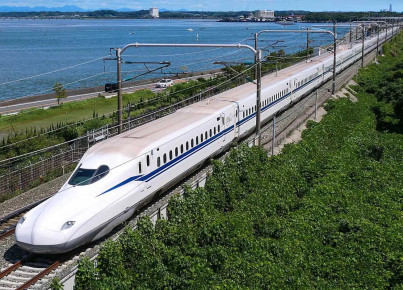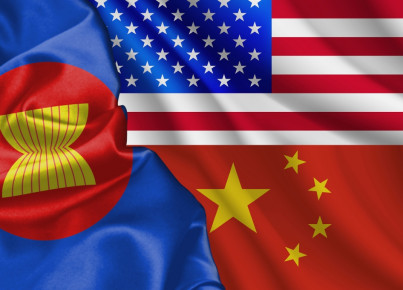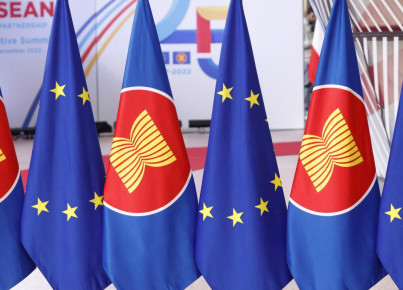Mitsubishi's surprise announcement: after exiting Europe, it will focus on ASEAN. The choice of the Japanese multinational is a case study for the changing world.
Stringent standards on pollutant emissions and increasingly strict technical regulations have made Europe a difficult place to do business for a large automotive multinational. What's more, while the EU is increasingly becoming a niche market, the new consumers are elsewhere. Guided by similar considerations, Mitsubishi Motors Corporation (MMC) recently announced its intention to suspend operations in Europe once its current production line is completed. In doing so, MMC, a few years after its 'compatriot' Daihatsu, has decided to abandon Europe, where it has had a presence since 1975, to focus on the emerging and increasingly lucrative markets of Southeast Asia.
According to Sammu Chan, senior analyst at LMC automotive, Japanese automakers have a problem with Europe: "From emissions regulations and difficult market conditions to premium segment pressure and domestic competitive pricing, they face a nightmare scenario when it comes to the question of sustainable profitability in Europe." The issue of greatest concern seems to be emissions, especially given the fines threatened by the European Union to the United Kingdom as part of its carbon emissions regulations. "With such stringent CO2 targets in Europe" - according to Chan - "a clear EV strategy is needed to thrive over the next decade," which not everyone seems to be able to afford.
In an established market like Europe's, auto companies face the challenge of smart technology squeezed between competitive pressures and the urgency of investment. The new economic recession triggered by the Covid-19 pandemic has certainly not helped an industry already challenged by a somewhat physiological slowdown in sales. Therefore, the Japanese manufacturer is focusing its new development plan on "rationalizing costs and improving profitability," which it trusts will put the brand back on a sustainable growth trajectory over the next three years. The medium-term plan, dubbed "Small but Beautiful," includes the reallocation of management resources to new emerging markets and a strengthening of primary technologies: European operations will no longer be a priority.
L’attenzione di Mitsubishi si concentrerà invece sui Paesi ASEAN, che generano ad oggi circa un quarto delle vendite totali dell’azienda, e dove l’azienda punta a raggiungere una quota di mercato dell’11%, prima di riprendere la propria espansione globale. Nell’ambito della sua ristrutturazione globale, le fabbriche del Sud-Est asiatico sono destinate a svolgere un ruolo chiave nella fornitura di nuovi prodotti ad altri mercati emergenti in tutto il mondo come appunto quelli dell’America Latina e dell’Africa. La strategia prevede anche un’innovazione della gamma Mitsubishi attraverso l’introduzione dell’ibrido plug-in e dei veicoli elettrici, che saranno destinati inizialmente al solo mercato ASEAN. I nuovi modelli beneficeranno della tecnologia sviluppata nell’ambito della sua alleanza con Renault e Nissan.
"By integrating these technologies," the company stressed, "Mitsubishi will launch environmentally friendly models that will contribute to the development of a society in which people, cars and nature can coexist in harmony”. By choosing to focus on ASEAN instead of dispersing around the world, the automaker has decided to invest in the region's unique development story. Currently, Mitsubishi already has a production base in Vietnam, as well as Thailand, Indonesia and the Philippines. The plan is to add Myanmar to the list, although the recent coup may cause the company to reconsider that goal.
In a time of great difficulty, Mitsubishi has decided to restart in ASEAN. In Southeast Asia, the company will face a very different market from Europe, one that is less strict on emissions and more conducive to buying products that are not necessarily in line with the latest technologies. The choice of the region as a production site for components and vehicles destined for the new emerging markets will also have a very significant impact on the production and introduction of electric vehicles in the ASEAN countries.






